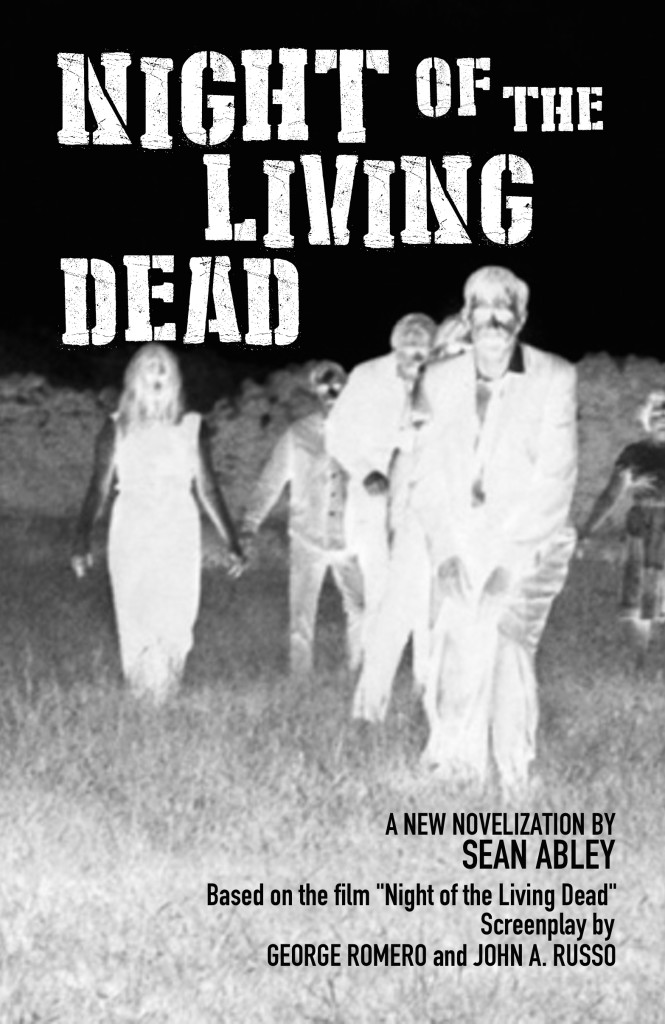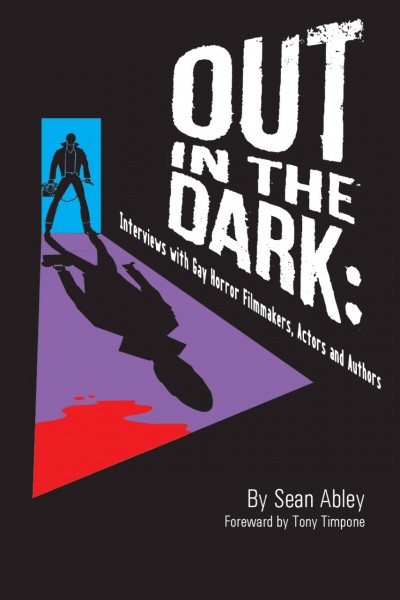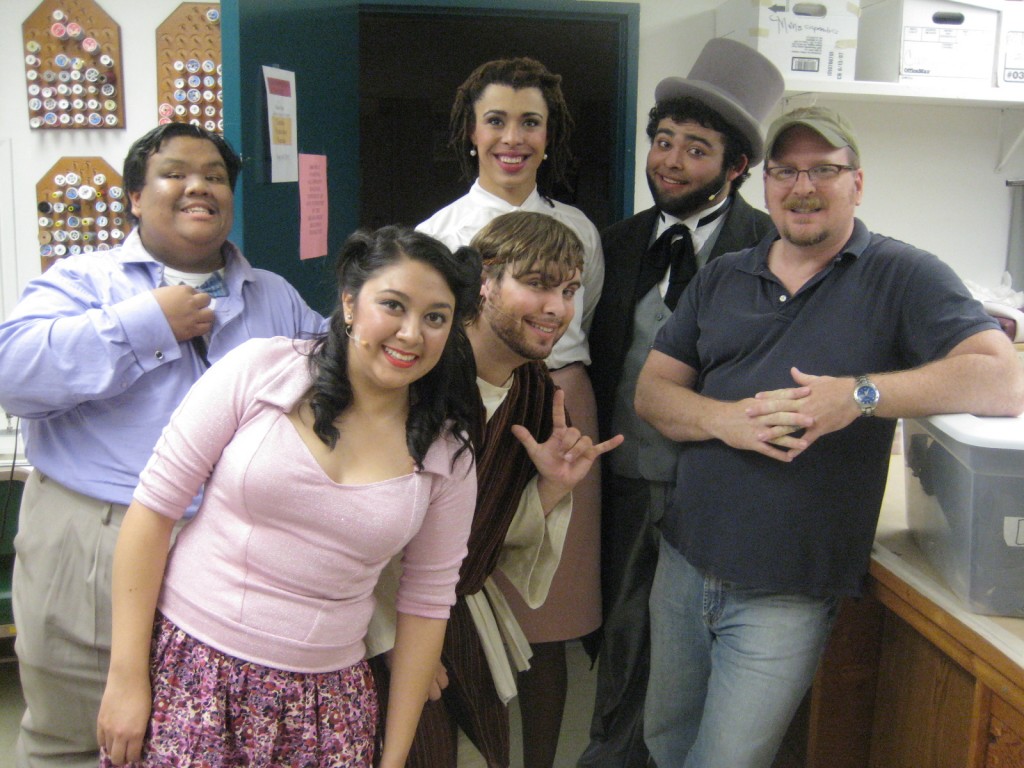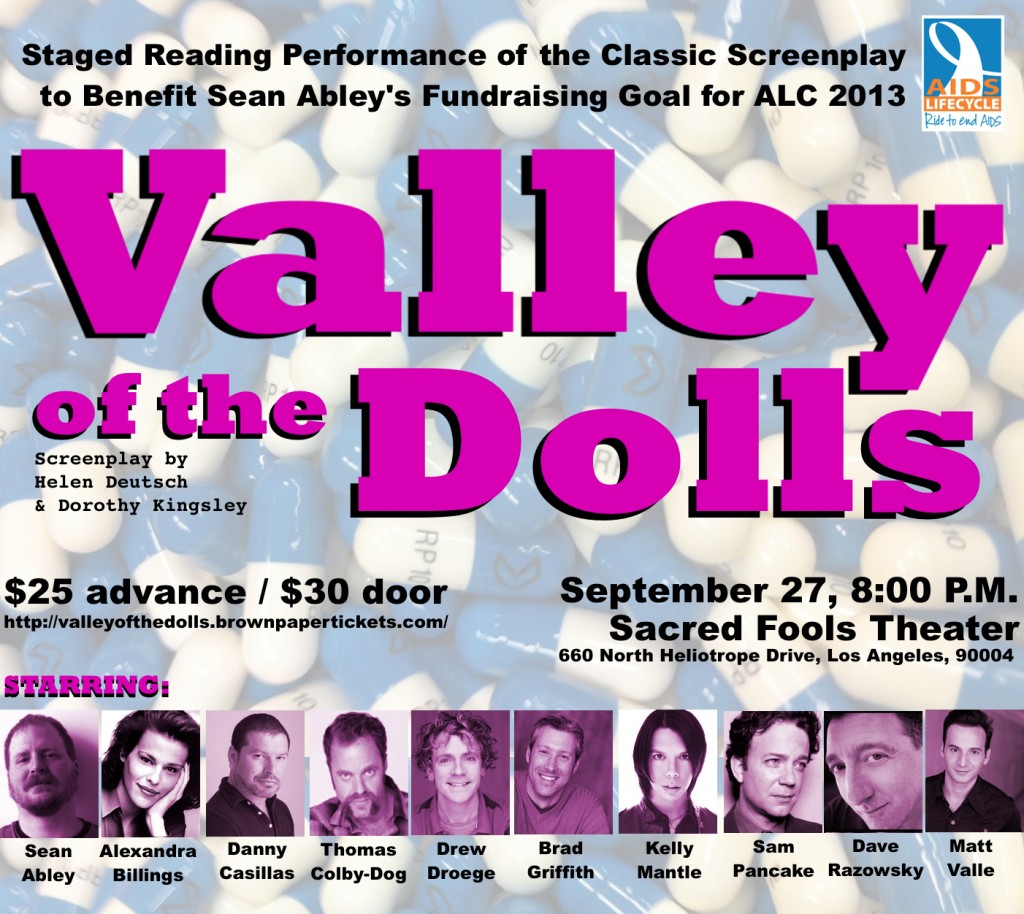During my first year as a roadie for AIDS/LifeCycle (2012), I experienced a profound transformation, from outside observer of myself to embedded participant in my life. Hard work, thousands of supportive ALCers, the memory of my best friend Joey, and countless moments of “Welcome to our community” pried me open, allowing my heart to be filled with joy and purpose. I’m so grateful for the experience. (You can read my ALC 2012 wrap up here.)
It’s a year later, and I’ve just returned from AIDS/LifeCycle 2013. My second year as a roadie has once again provided a transformative experience – the return of undiluted sincerity to my life.
I didn’t realize this was the case until about a week after the ride, when I ran into my friend Gaetano at the grocery store. He’s a single man pursuing adoption via fostering children. When we met at the store he was shopping with the two girls he’s been fostering for the past six months. We talked about how hard he’s had to fight to keep the children, and how hopeful he is now that there’s possibly light at the end of the tunnel. I was really moved by his commitment to these kids, and before we parted I hugged him and told him exactly that.
As I moved in to embrace him, the act of making this sincere gesture felt right. But a split second later a thought flashed through my mind – “Wait a minute, this feels awfully sincere for Ralph’s.”
And it was at that moment I realized AIDS/LifeCycle had changed me in a very fundamental way…again. Because as quickly as that thought entered my brain, “So what?” pushed it right out, and I hugged my friend and told him what a rock star I thought he was.
Before the end of the 2013 Ride I could already feel the change brewing. Obviously, I was having a great time from minute one. But on Day Five I had the privilege of speaking to the ALC community about my experiences as a roadie. I incorporated some of my 2012 wrap up in the beginning, and added thoughts I’d had during the months of fundraising for 2013 to the end:
“I’ve had people ask me why I worked so hard to raise money for ALC. As most of you probably know, roadies aren’t required to fundraise. I’m assuming the reason is our service to the Ride is considered our donation. But I don’t see it that way. As far as I’m concerned, the only difference between the riders and the roadies is the job we do each day. Some people’s job is to pedal a bike; some people’s job is to haul garbage. Yes, the riders are the face of the Ride, but the roadies are the skeleton. You need both to accomplish we we’re all here to do.
The money we raise is used to comfort people, to heal people that are sick. But the ride itself – it healed me of my cynicism, and healed the hole in my heart by putting Joey back there where he belongs. And it comforts me that each year thousands of people have this same experience, and hold the Ride in their hearts when they go back into the world.
I don’t consider my participation on the Ride as a favor I’m doing for AIDS/LifeCycle. I consider it a privilege to be of service to all of you, with the selfish benefit of absorbing all of the amazing things the Ride has to offer.
This is not hyperbole – I worked harder on ALC 2012 than I’ve ever worked in my life. And I had an amazing time. I made a difference every day for seven days. I am a roadie. And after AIDS/LifeCycle 2012, I know without a doubt I belong here.”
The speech went over really well – everybody laughed and (I’m told) cried in all the right places. The next day a roadie, Nora, came up to me at dinner. She told me about a member of her family that had passed from AIDS, and how she and her extended family either were, or had been, participants on the Ride. She started to cry as she told me how much my words meant to her, and how I was an inspiration to her.
In the not-too-distant past, I would have listened, smiled, but my jaw would have been clenched and I would secretly be wishing for the moment to be over. This kind of emotional display would make me uncomfortable in its sincerity – I wouldn’t have had the capacity to receive this moment, and that would make me fear it.
But on this day, without thinking twice I reached out for Nora’s hand and held it, then looked into her eyes as she cried and thanked me. Nora trusted me with the gift of her feelings, and I returned the favor with tears of my own. We were in a tent filled with hundreds of other people, and not only didn’t I care who was watching, the thought never crossed my mind. This wasn’t a moment to be feared; it was a moment to treasure, and I will.
I spent a week on the road in an emotional safe space, where honoring people’s emotions by receiving them, undiluted, didn’t just feel good, it felt expected.
Alexandra Billings is a good friend of mine, as well as one of the people for whom I participate in ALC. A year or so ago we went and saw A Star Is Born (Garland version, natch) on the big screen, and she was in tears for most of the film. During the intermission we talked as she cried and smoked on the sidewalk, and she said, “I’ve been through too much in my life to be afraid of having emotional moments in public.”
As of AIDS/LifeCycle 2013, I couldn’t agree more.
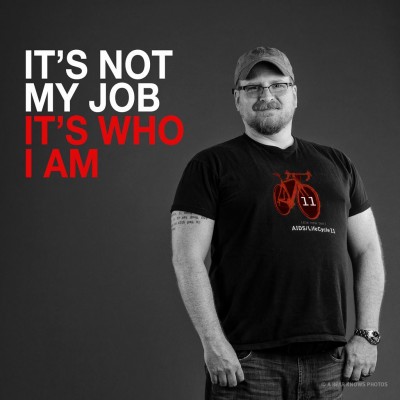
Photo credit: Rey Rey Cervantes (Rey Rey’s Photography) and Brendan McWeeney (A Bear Knows Photos)
